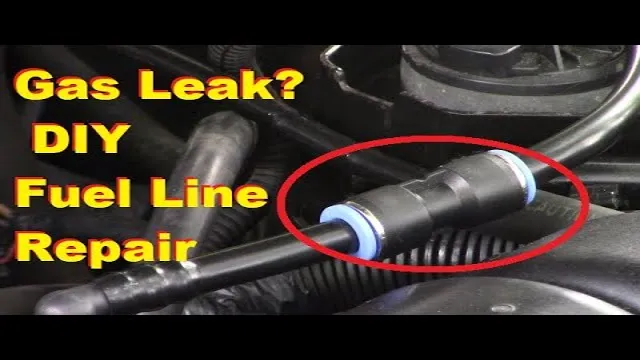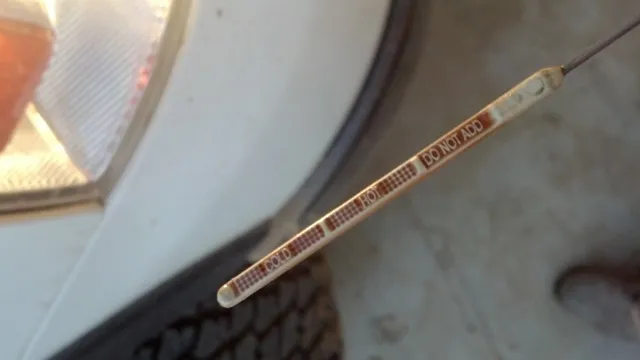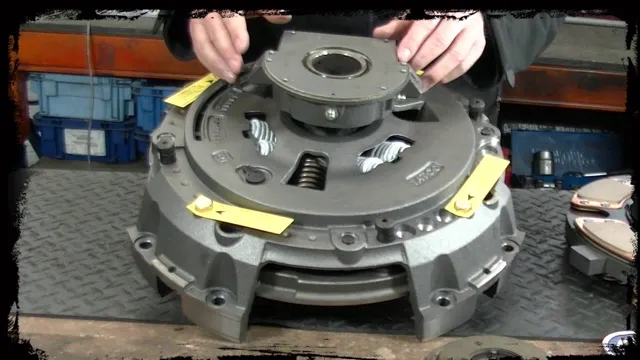How to Tell If Turbo is Going Bad: Key Signs & Fixes
Do you suspect that your turbocharger might be failing? It’s essential to recognize the warning signs early to prevent further damage to your vehicle. Here are some common symptoms that indicate a bad turbo:
Loss of Power
If you’re experiencing slower and louder acceleration than usual, your turbocharger may be failing. This can also result in difficulty maintaining high speeds.
Excessive Exhaust Smoke
Notice any blue or grey smoke coming from your exhaust? This could be a clear indication of a failing turbo. Excessive exhaust smoke is a common symptom of turbocharger issues.
Oil Leakage
Check for oil leaks around the turbocharger. Oil leaking in the turbo is a sign of gradual failure and should not be overlooked.
Unusual Noises
Listen for any odd noises coming from the turbocharger area. Loud or unusual sounds upon startup can be a sign that your turbo is going bad.

Credit: whatsupwoodbridge.com
Poor Fuel Economy
If you notice a significant decrease in fuel economy, it could be due to a failing turbo. Reduced fuel economy is a common indicator of turbocharger problems.
Check Engine Light
If your vehicle’s check engine light is illuminated, it’s essential to have the turbo system inspected. The check engine light can be triggered by various turbo-related issues.

Credit: www.youtube.com
What To Do If You Suspect a Bad Turbo
If you’ve noticed any of the symptoms mentioned above, it’s crucial to address the issue promptly. Ignoring turbocharger problems can lead to costly repairs and potential damage to other engine components.
First, consult with a qualified mechanic to diagnose the problem accurately. They can perform a thorough inspection of the turbo system and determine the extent of the damage.
Diagnosing Bad Turbo Symptoms
Here are some steps that a mechanic may take to diagnose a failing turbo:
- Test the Compressor Wheel on Your Turbo
- Check the Blades for Excessive Oil
- Inspect the Wastegate’s Operation
- Examine the Diverter Valve
- Check the Hoses on Your Bad Turbo
- Inspect the Turbines
By following these diagnostic procedures, a mechanic can identify the specific issues affecting your turbocharger.
Frequently Asked Questions
What Are The Symptoms Of A Bad Turbo?
Symptoms of a bad turbo include slower and louder acceleration, difficulty maintaining high speeds, blue/grey smoke from the exhaust, and reduced fuel economy. Other signs may include poor throttle response, loud noises during start-up, and a check engine light. Burning oil is also a sign of gradual failure.
Proper inspection and testing are needed to determine the exact cause of symptoms.
What Does A Failing Turbo Sound Like?
A failing turbo sounds like loud, unusual noises during acceleration and emits blue or grey smoke from the exhaust.
How Do You Test For A Bad Turbo?
To test for a bad turbo, check for excessive exhaust smoke, poor acceleration, loud noises, and reduced fuel economy. Inspect for oil leaks and test the turbo system components. Look out for black or blue smoke from the tailpipe and unusual noises.
Consider seeking professional inspection for accurate diagnosis.
How Do I Know If My Car Needs A New Turbo?
Signs of a failing turbo include loss of power, smoke from exhaust, unusual noises, and warning lights on the dashboard. Have it inspected by a mechanic for proper diagnosis. Symptoms may also include excessive exhaust smoke, poor acceleration, loud startup noises, reduced fuel economy, and a check engine light.
Conclusion
Recognizing the warning signs of a failing turbocharger is crucial for maintaining the performance and longevity of your vehicle. If you suspect that your turbo is going bad, seek professional assistance to address the issue promptly.







